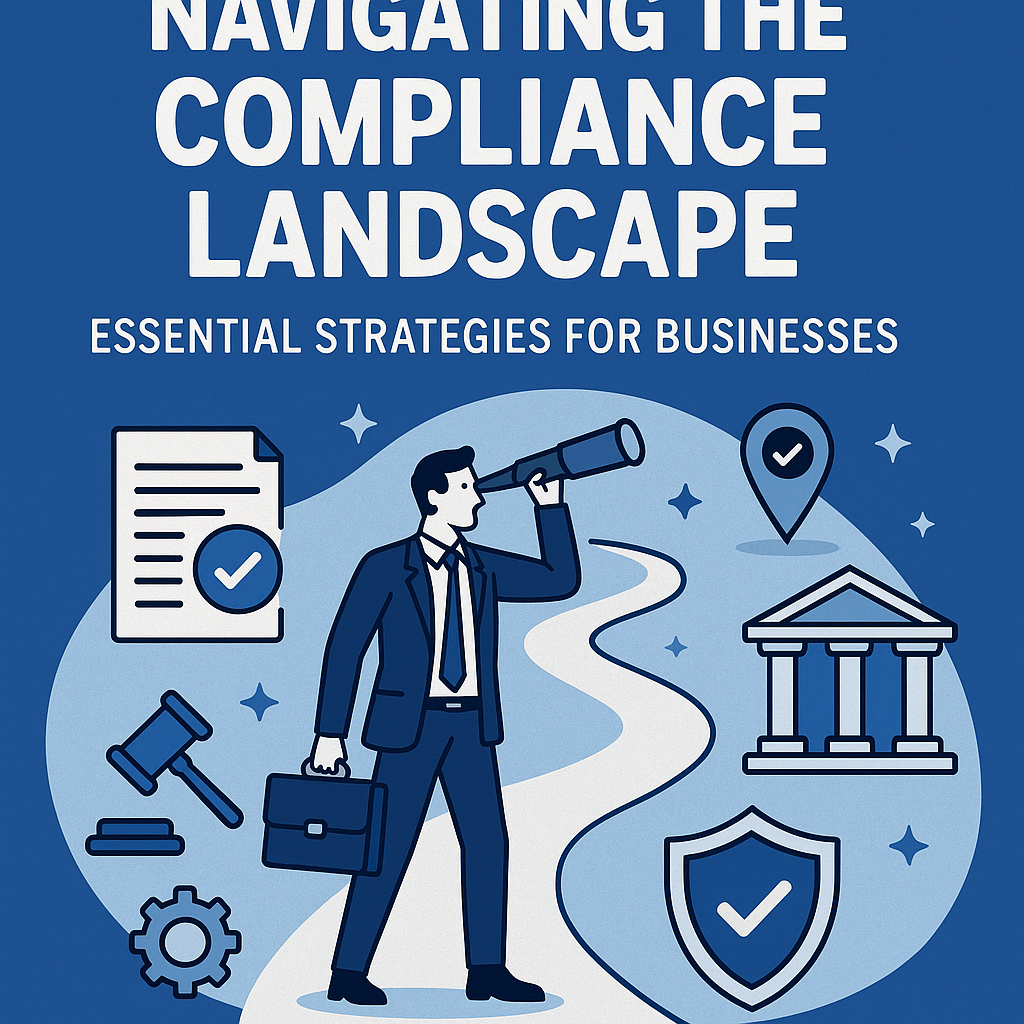
In today’s regulatory environment, businesses face numerous compliance challenges. Understanding the intricacies of compliance not only protects your organization from legal repercussions but also builds trust with customers and stakeholders. This article outlines essential strategies to navigate the compliance landscape effectively.
Understanding Compliance Requirements
Compliance encompasses a broad spectrum of regulations, including data protection laws, environmental regulations, and financial reporting standards. Familiarizing yourself with relevant laws such as GDPR, HIPAA, or SOX can help identify specific obligations for your business.
Establishing a Compliance Framework
To foster a culture of compliance, create a comprehensive framework that integrates policies, processes, and training. This framework should outline compliance roles and responsibilities across departments, ensuring that everyone understands their part in upholding compliance standards.
Regular Training and Education
Ongoing training and education are critical for maintaining compliance. Conduct regular workshops and online training sessions to keep employees updated on the latest regulations and best practices. This not only enhances knowledge but also encourages a proactive approach to compliance.
Implementing Technology Solutions
Leverage technology to manage compliance more effectively. Compliance management software can automate processes, track changes in regulations, and generate reports, simplifying the management of compliance tasks. Additionally, consider utilizing data analytics to identify potential compliance issues before they escalate.
Conducting Compliance Audits
Regular compliance audits are essential to assess the effectiveness of your compliance strategies. Audits can identify gaps in processes and highlight areas for improvement. Create an internal audit schedule and ensure documentation is thorough to facilitate future audits.
Building a Culture of Compliance
Fostering a culture of compliance within your organization requires commitment from leadership. Encourage open communication regarding compliance concerns, and empower employees to report any potential violations without fear of retaliation.
Related Searches
- Compliance management software tools
- Importance of employee training in compliance
- Regulatory frameworks for small businesses
- Strategies for conducting internal audits
FAQ
What are the main compliance regulations businesses should be aware of?
Regulations may vary by industry but commonly include GDPR for data protection, HIPAA for healthcare, and SOX for financial practices.
How often should businesses conduct compliance audits?
It’s recommended to conduct compliance audits annually or semi-annually, depending on the industry and the volume of regulatory changes.
What role does technology play in compliance?
Technology can streamline compliance processes, help monitor changes in regulations, and improve reporting accuracy.
Interview with a Compliance Expert
Interviewer: What do you believe is the most critical aspect of compliance for businesses today?
Expert: In my experience, fostering a culture of compliance is essential. When employees are educated and understand the importance of compliance, it significantly reduces the risk of violations.
Interviewer: How can businesses ensure they stay updated on regulatory changes?
Expert: Businesses should establish a system for tracking regulatory changes, such as subscriptions to legal updates, and invest in compliance management tools that provide real-time updates.
Conclusion
Navigating the compliance landscape can be daunting, but with the right strategies in place, businesses can effectively manage their compliance obligations. Building a strong compliance framework, investing in employee training, and leveraging technology can significantly enhance your organization’s ability to remain compliant and avoid costly penalties. By prioritizing compliance, you not only protect your business but also contribute to a more ethical and trustworthy marketplace.
#Navigating #Compliance #Landscape #Essential #Strategies #Businesses

